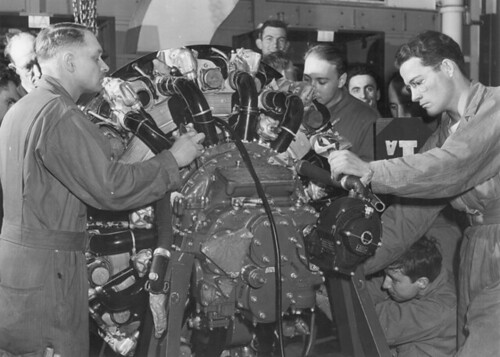Learning for Work

The company, Morneau Shepell, is Canada’s leading workplace learning firm specializing in professional facilitation, coaching, and mediators to achieve organizational goals[1]. Learning for work focuses on the combination of learning theories and achieving goals toward a specific mission or vision. The objective is to focus on what is best for the individual learner and how her or his individual competencies fit within a larger organizational structure. Furthermore, it addresses how certain learning styles can accommodate individuals to achieve the best results. Throughout this chapter, the learning curriculum, in relation to organizational objectives, as well as a view of the learning organization, and the role of experiential education with learning to work will be discussed.
The learning outcomes in this chapter are as follows:
- Describe authentic education as a model of workplace learning.
- Analyze the perspectives of skills assessment for work, and how they relate to decision making.
- Describe the learning organization, along with the concepts of leadership and management.
- Compare and contrast experiential education and coaching to foster teamwork in learning to work.

